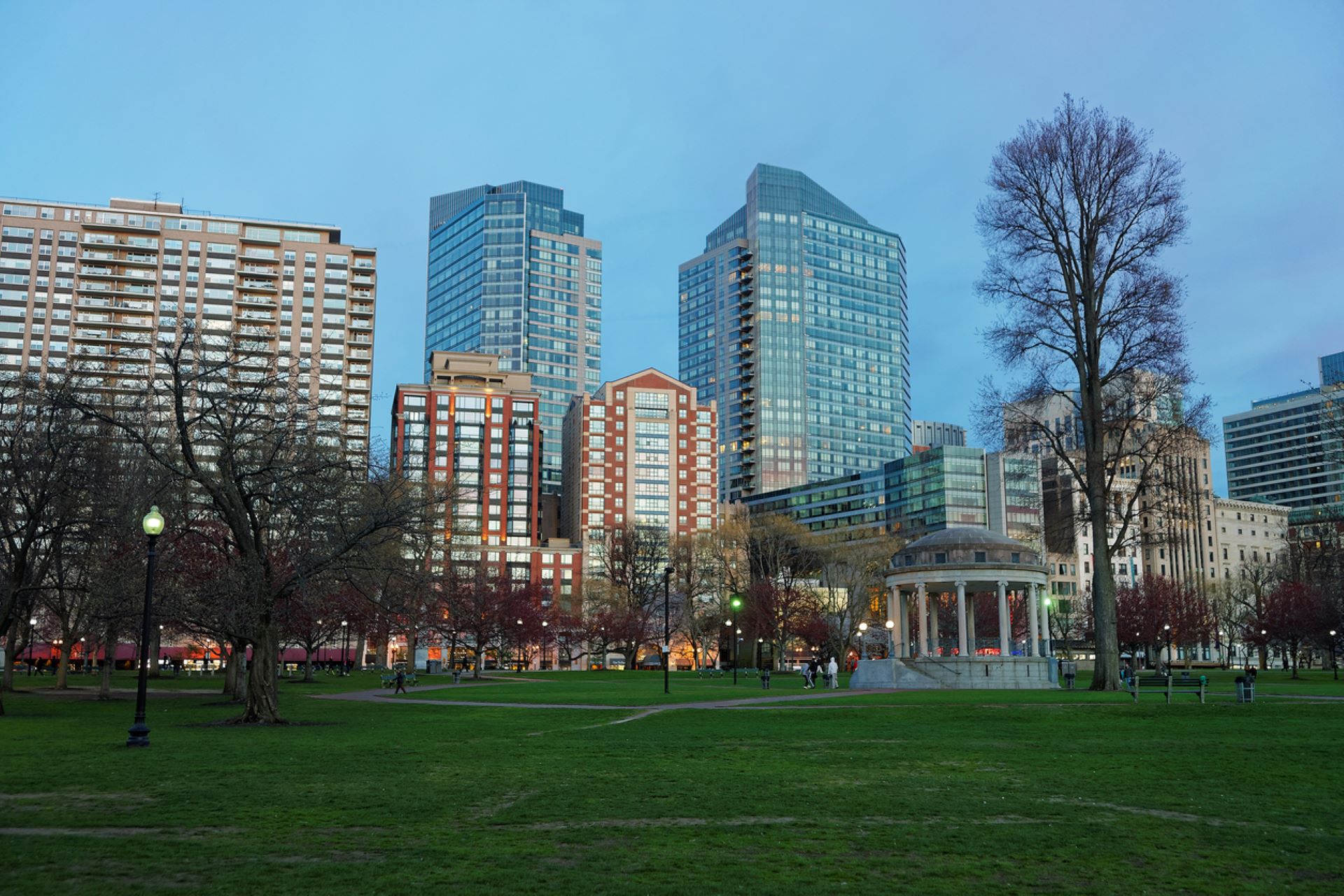Many of the people who install artificial turf lawns end up regretting that decision, for a variety of reasons. Public parks in the city of Boston, Massachusetts, no longer have the option of making that regrettable decision.
The city has effectively banned any new public artificial turf installations, citing the fact that it is made with toxic PFAS compounds.
"The city has a preference for grass playing surfaces wherever possible and will not be installing playing surfaces with PFAS chemicals moving forward," a spokesperson for Boston mayor Michelle Wu told the Guardian. A spokesperson later told GBH News that the mayor's office would stop short of calling it a ban, but GBH speculated that this is merely for legal reasons, to make the instruction not to install artificial turf a preference rather than a ban so the city cannot be sued.
PFAS, often referred to as "forever chemicals" due to their inability to degrade, are hazardous chemical compounds that are included in many products, such as non-stick pans and many types of plastic.
Unfortunately, chemical company lobbyists have obfuscated the danger of these chemicals and prevented legislation that would guard the public from them. However, they are slowly losing the public relations battle, as more people become aware of their downsides.
"We already know there are toxic chemicals in the products, so why would we continue to utilize them and have children roll around on them when we have a safe alternative, which is natural grass?" Sarah Evans, an environmental health professor, said.
Although artificial turf may seem like an easy solution for homeowners and public works departments, its drawbacks far outweigh its benefits. In addition to being made with toxic chemicals, artificial turf traps heat and odors, and in some cases requires even more maintenance than actual grass. It also causes more injuries to people playing sports on it.
California is considering similar legislation that would ban artificial turf, using similar reasoning of not wanting to expose people to PFAS.
If you are looking for an alternative to both traditional grass lawns (which use excessive water and discourage biodiversity) and artificial turf lawns (which are bad in practically every possible way) there are plenty of options out there, including native plant lawns and clover lawns.
Join our free newsletter for easy tips to save more, waste less, and help yourself while helping the planet.









